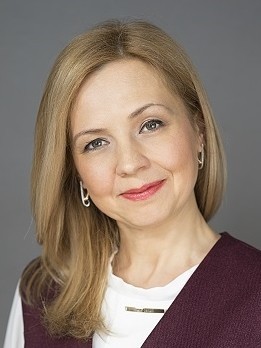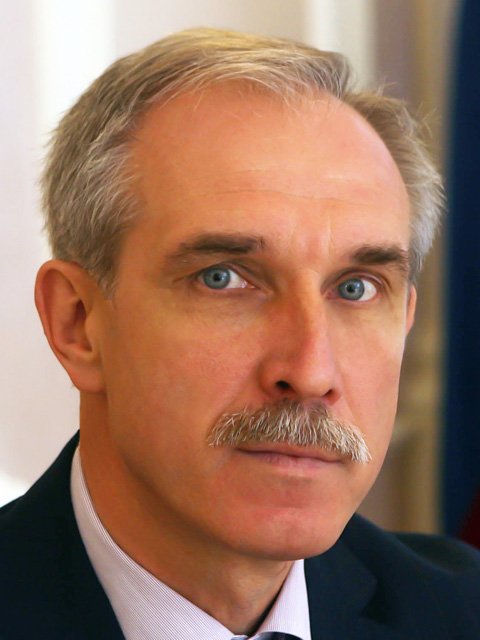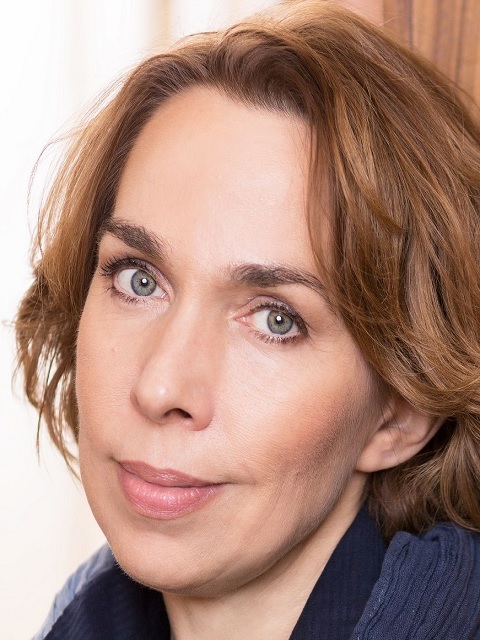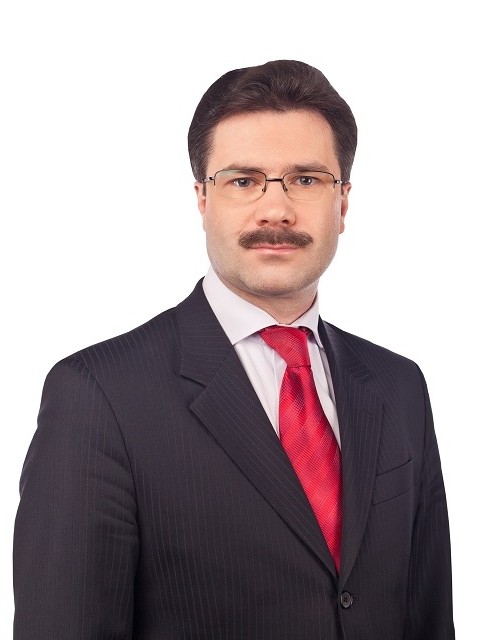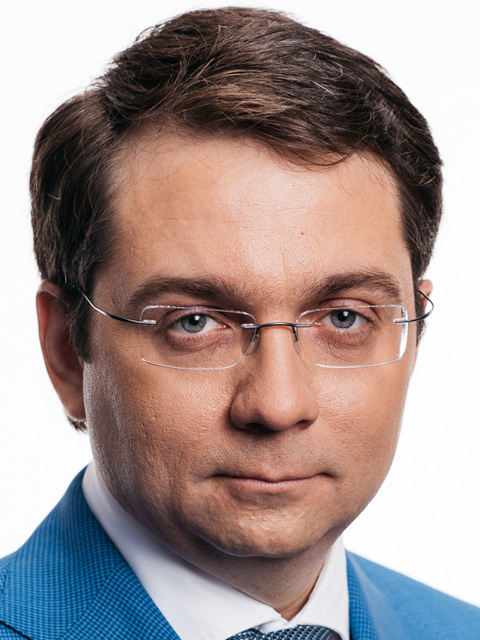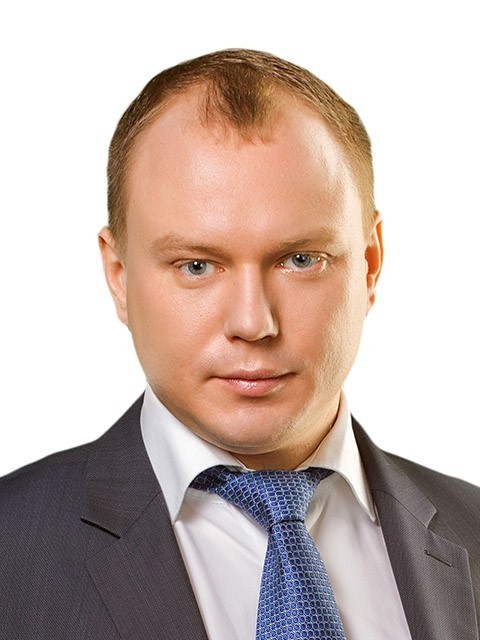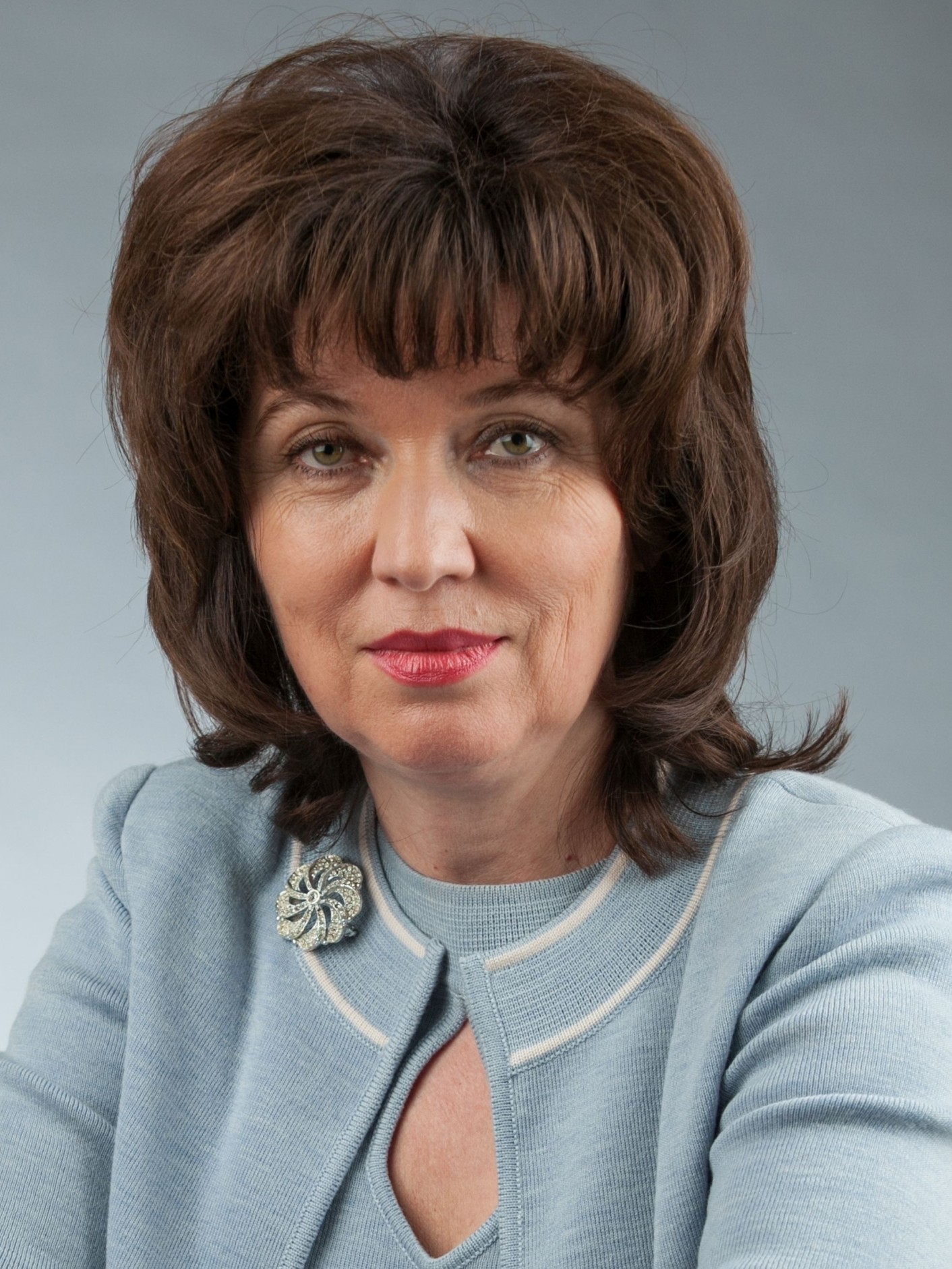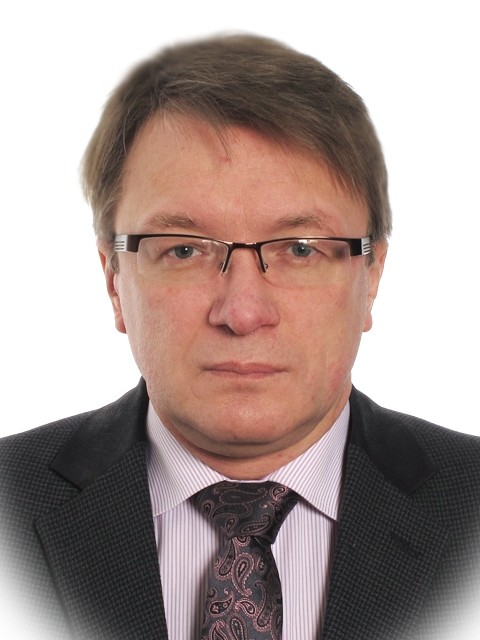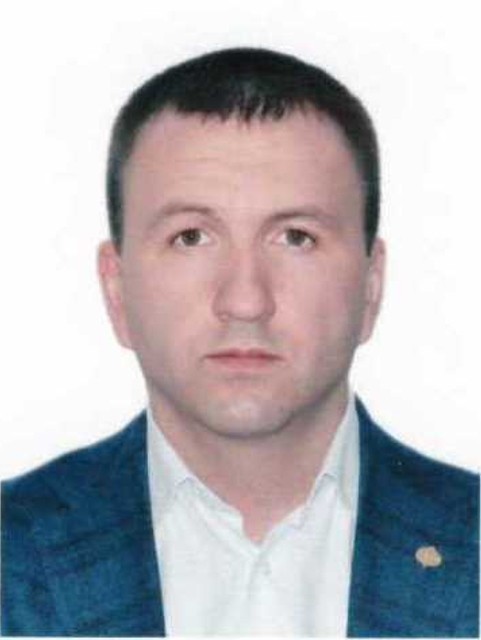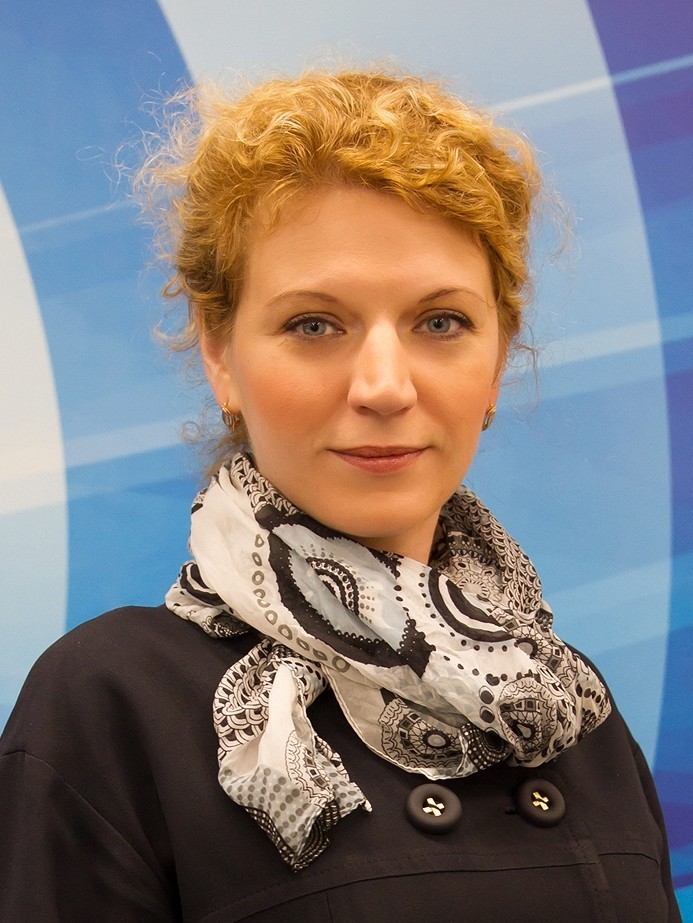Spatial Development. Small Regions: From Survival Strategy to Development Strategy
A key outcome of recent changes in the spatial organization of Russia is the compression, fragmentation, as well as excessive polarization of its economic and social space. Migration of the most active members of the population to major cities is increasing, leaving small towns and villages depopulated. The total number of settlements is decreasing due to the breakdown of traditional economic and humanitarian ties. This trend is giving rise to a number of risks to national development, including reduced spatial connectedness between urban accumulations, the loss of regional cultural identities, in addition to a disproportionate burden being placed on big cities and the environment. Expanding void zones within the country is linked to geopolitical threats in the long term, and may also lead to regions being filled by migratory flows. Creating a national strategy for spatial development with respect to small regions is becoming one of the most urgent tasks facing the government. Up to this point, expert discussions on this subject have been only fragmentary in nature, whilst many of the issues involved require conceptualization and new methodological approaches. What are the global trends with respect to small regions in the context of the economic and social processes of the 21st century? How can we ensure that the national spatial development strategy combines the interests of urban agglomerations, small towns, and settlements? What supportive measures do small towns require from federal and regional bodies? How can problems be solved in the absence of the necessary knowledge and skills at the level of local municipalities? What approaches might improve the attractiveness of small regions to investors and which solutions offer the most potential? Is it possible to use the brands of small regions in the overall composition of a national brand?
Moderators
Andrey Maksimov,
Chairman, Committee on Regional Development and Local Government, Civic Chamber of the Russian Federation
Alexey Firsov,
General Director, Platforma Social Design Centre
Panellists
Julia Buldakova,
Co-Founder, Project Manager, Tulun City Public Organization for Support of Youth Social Projects and Creative Initiatives Tulun.Ru
Sergey Morozov,
Governor of Ulyanovsk Region
Maria Morozova,
General Director, Elena and Gennady Timchenko Charitable Foundation
Sergey Sakharov,
Head of Administration of Suzdal
Andrey Chibis,
Deputy Minister of Construction, Housing and Utilities of the Russian Federation
Front row participants
Andrey Bezrukov,
Director for Strategic Projects and Communications, GS Group
Elena Dovlatova,
Executive Director, Russian Association of Water Supply and Sewerage
Igor Zadorin,
Member of the Expert Council for Small Territories
Aleksey Kozlov,
Managing Director, SIBUR
Pavel Krasnorutsky,
Chairman, Russian Union of Youth (RUY)
Andrey Pavlov,
Founder, President, Zenden Group
Natalya Trunova,
Head of Spatial Development, Center for Strategic Research Foundation






